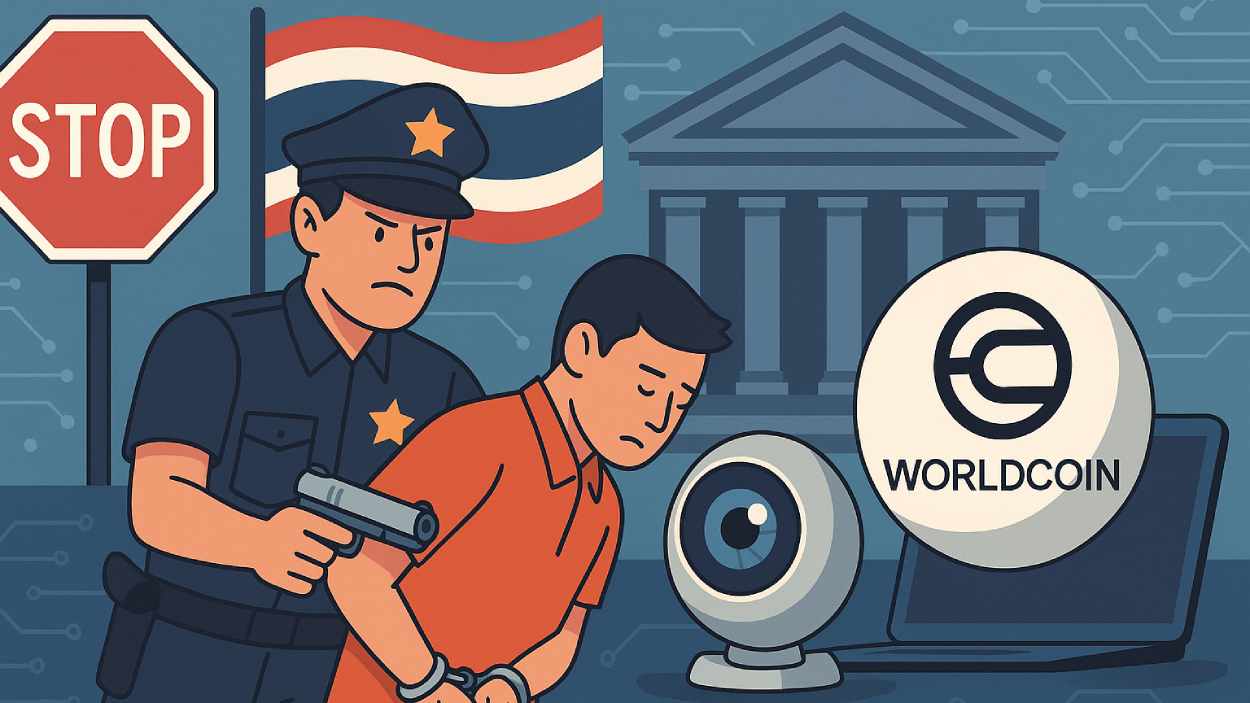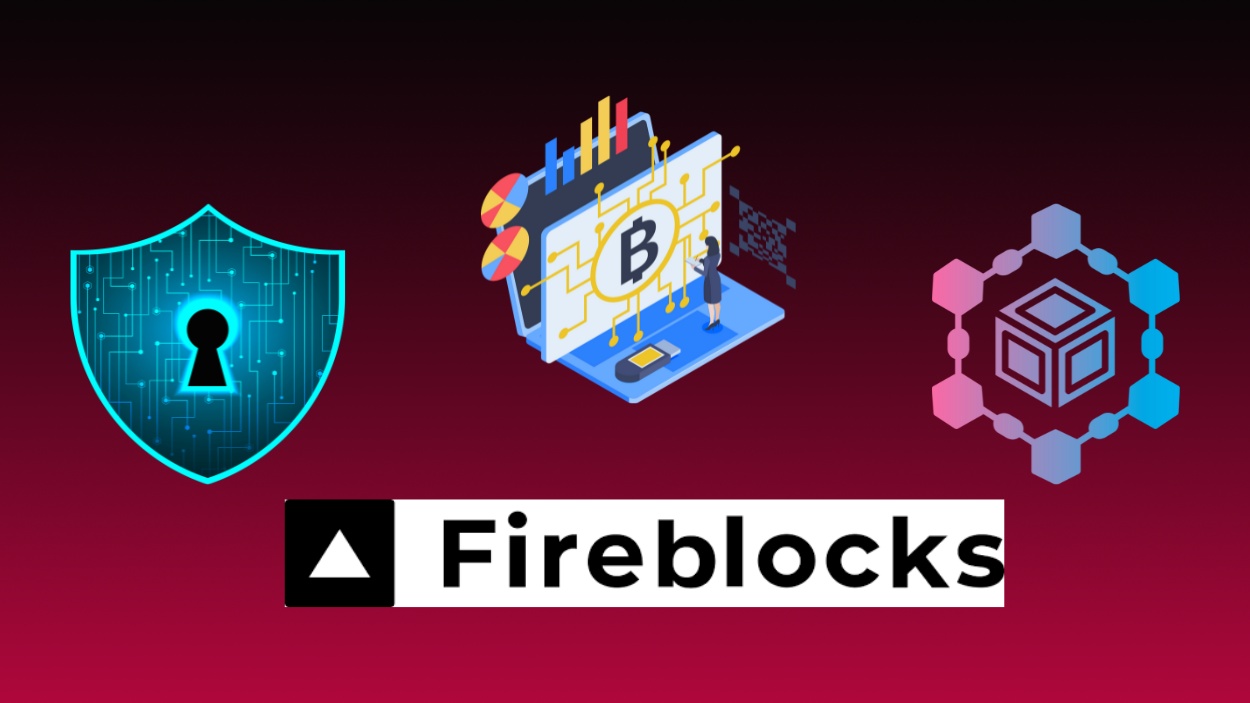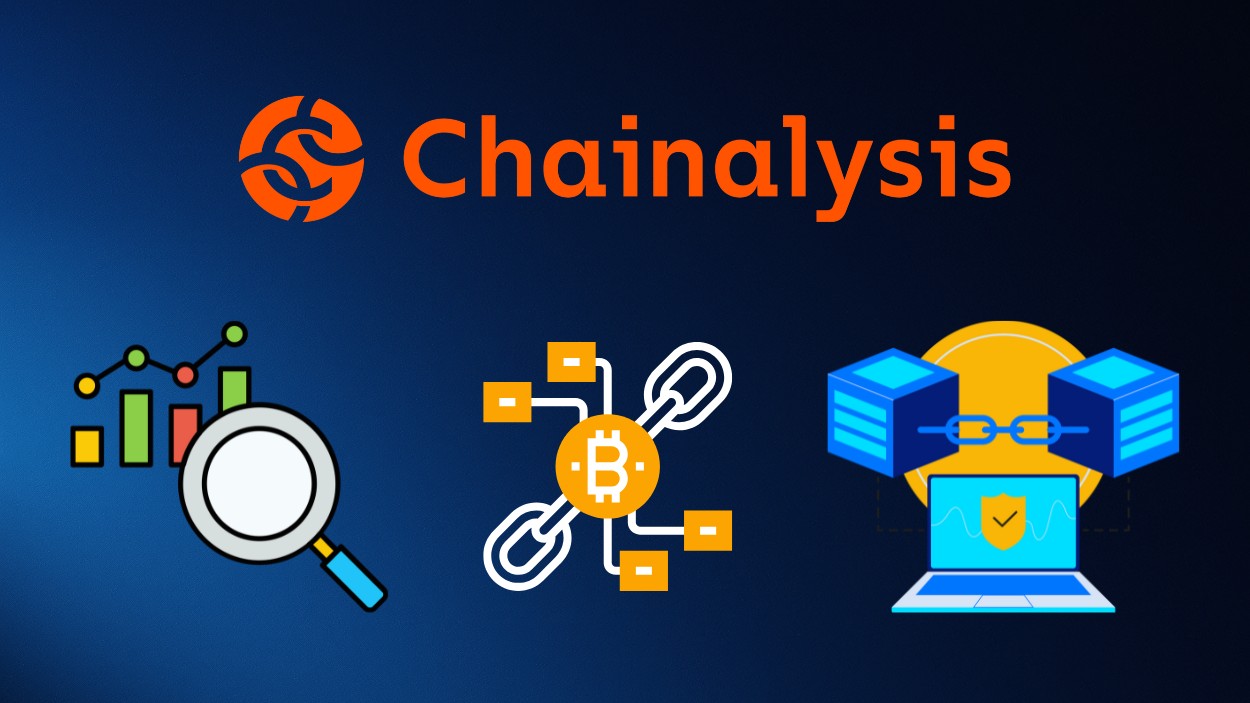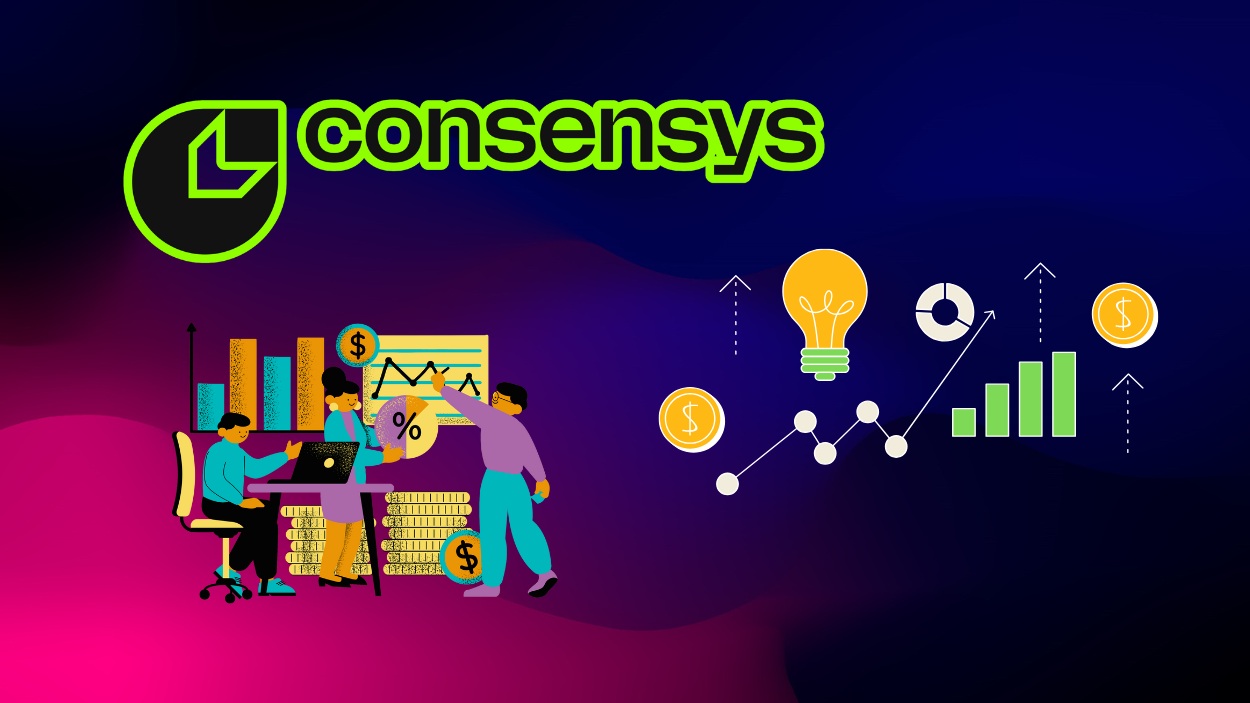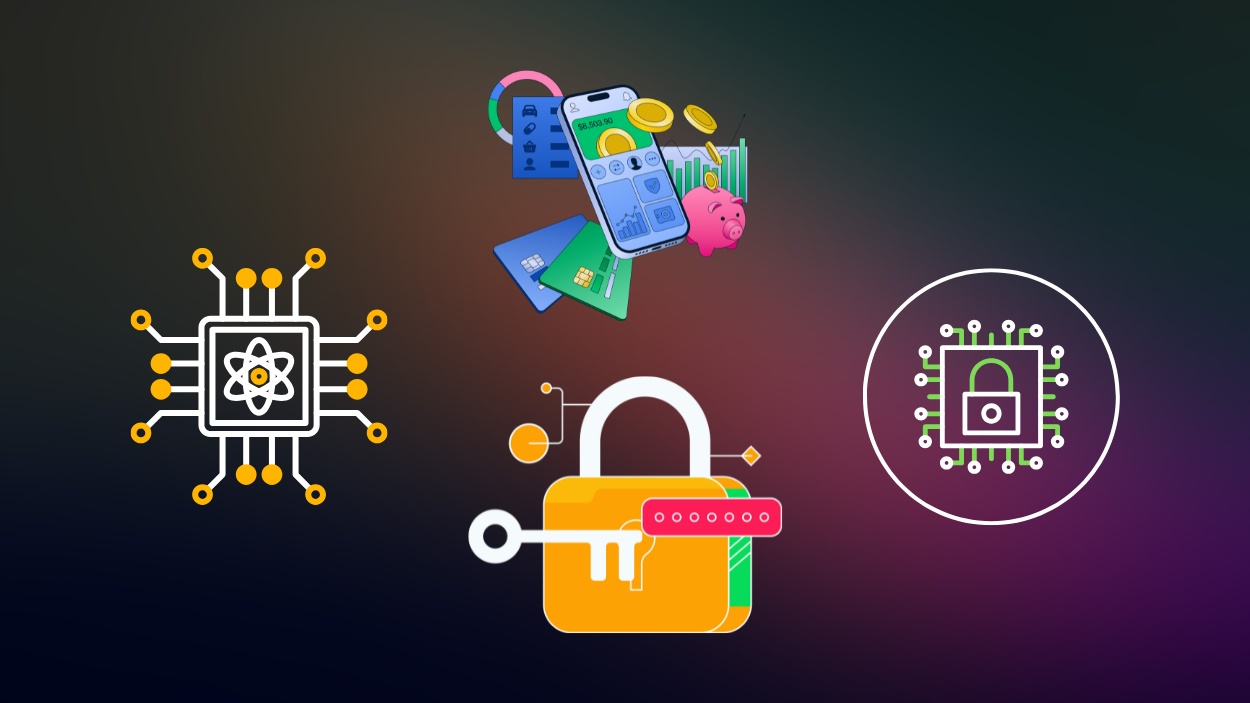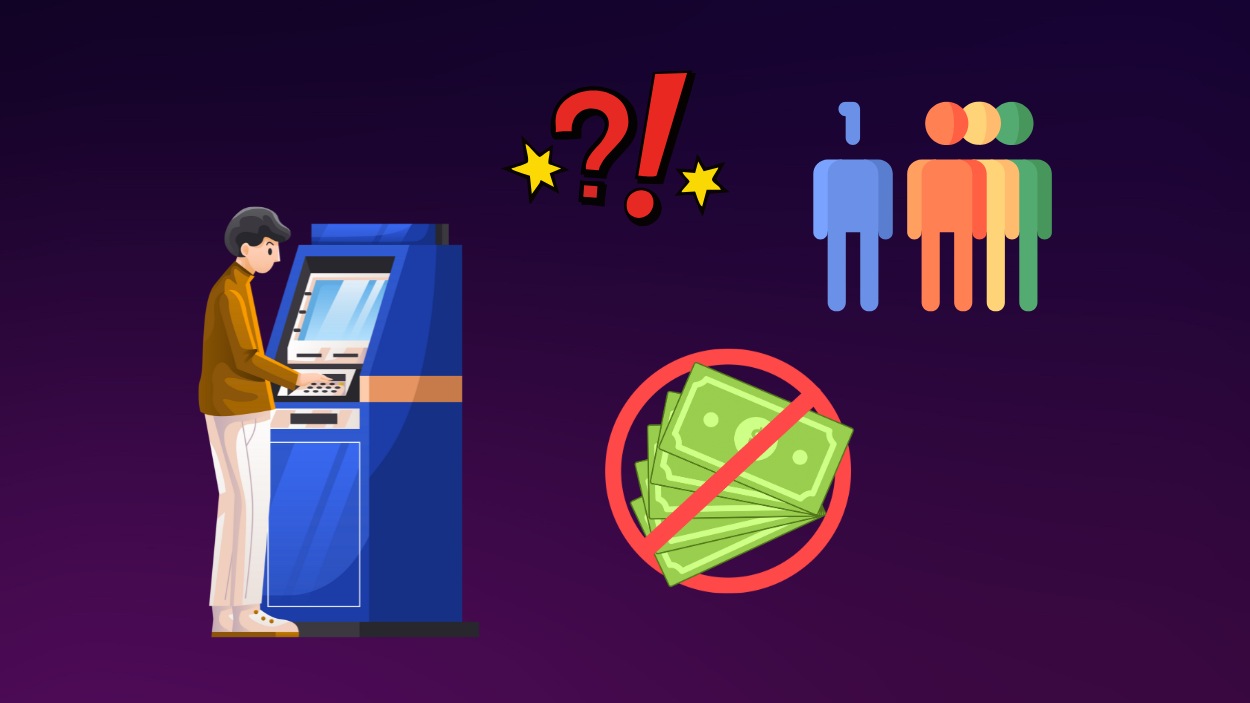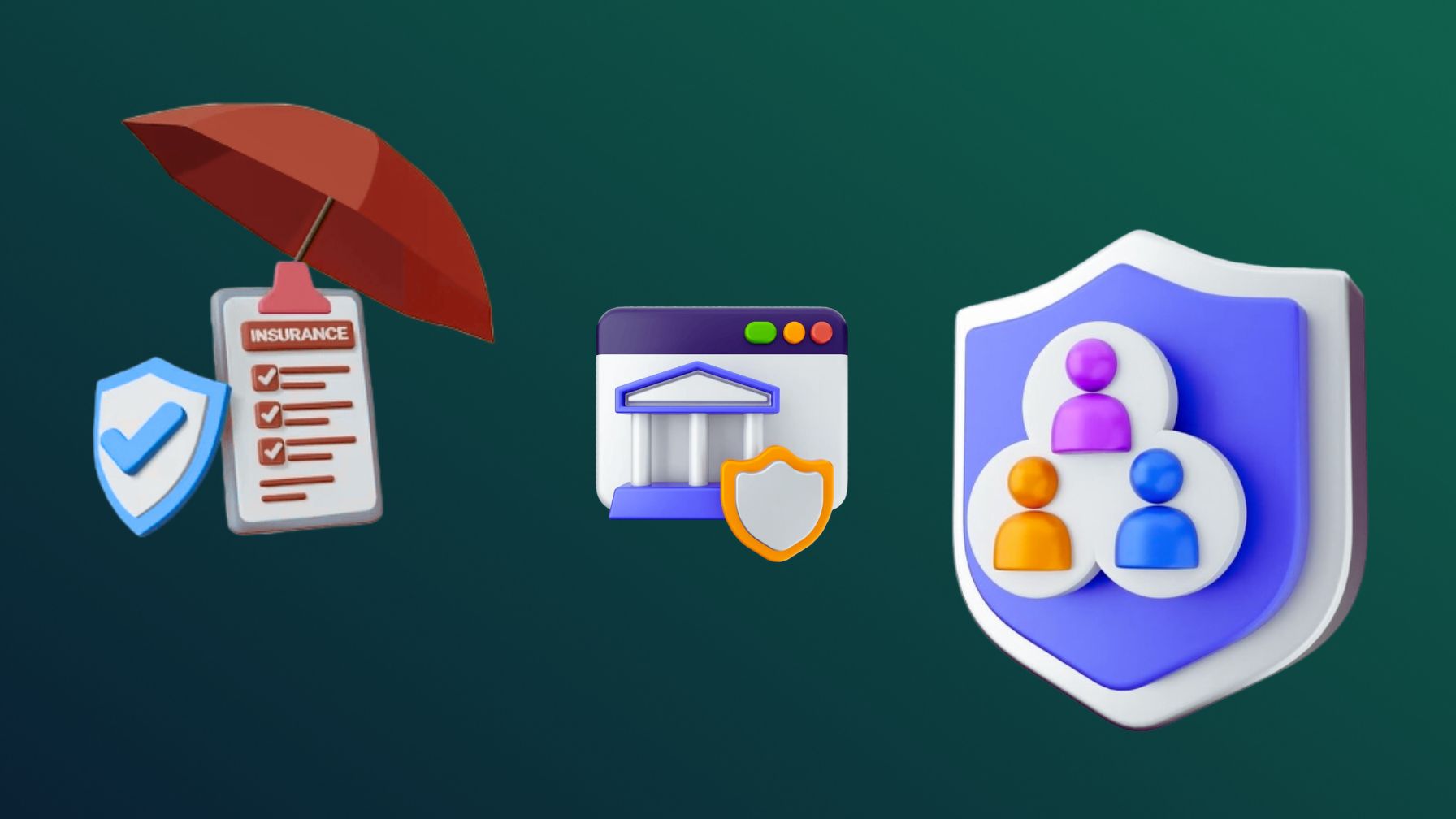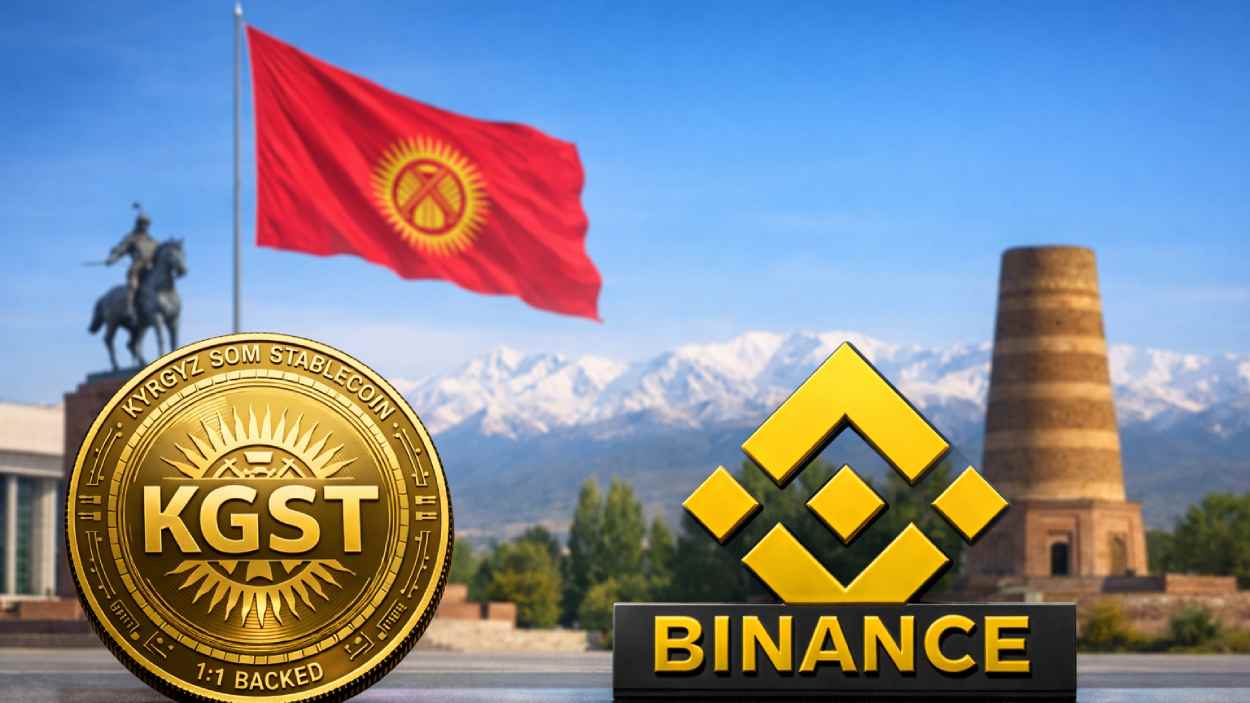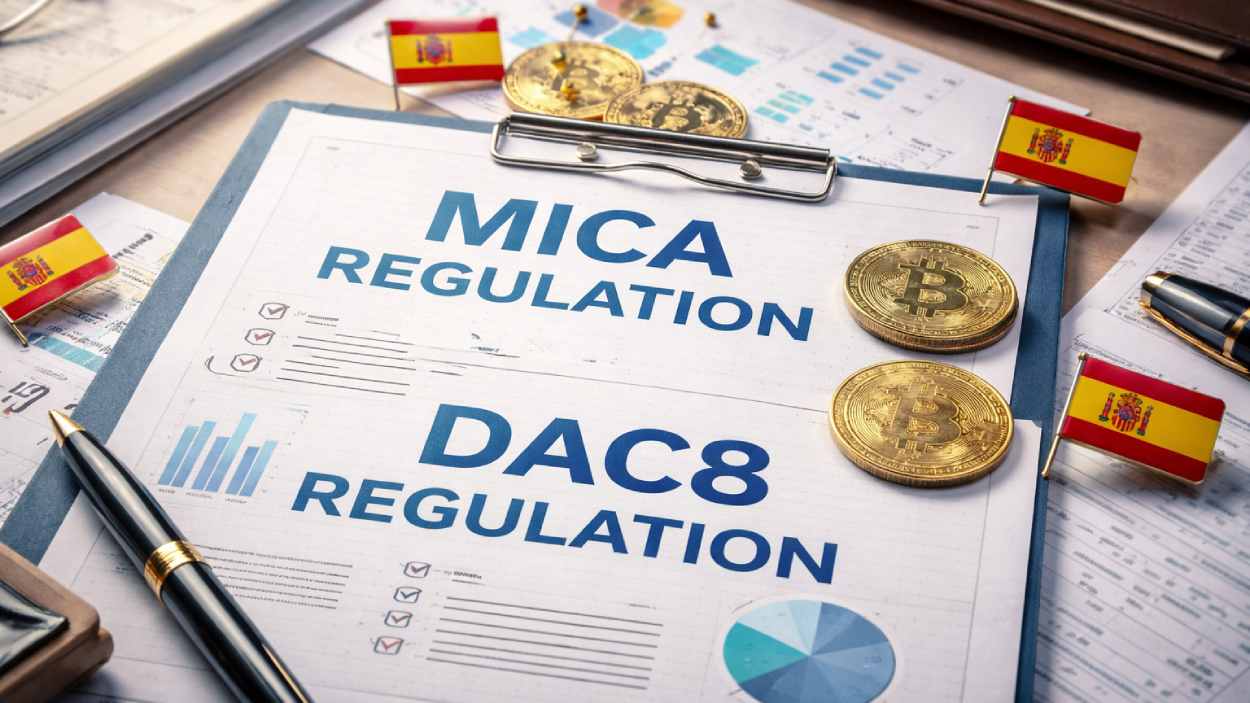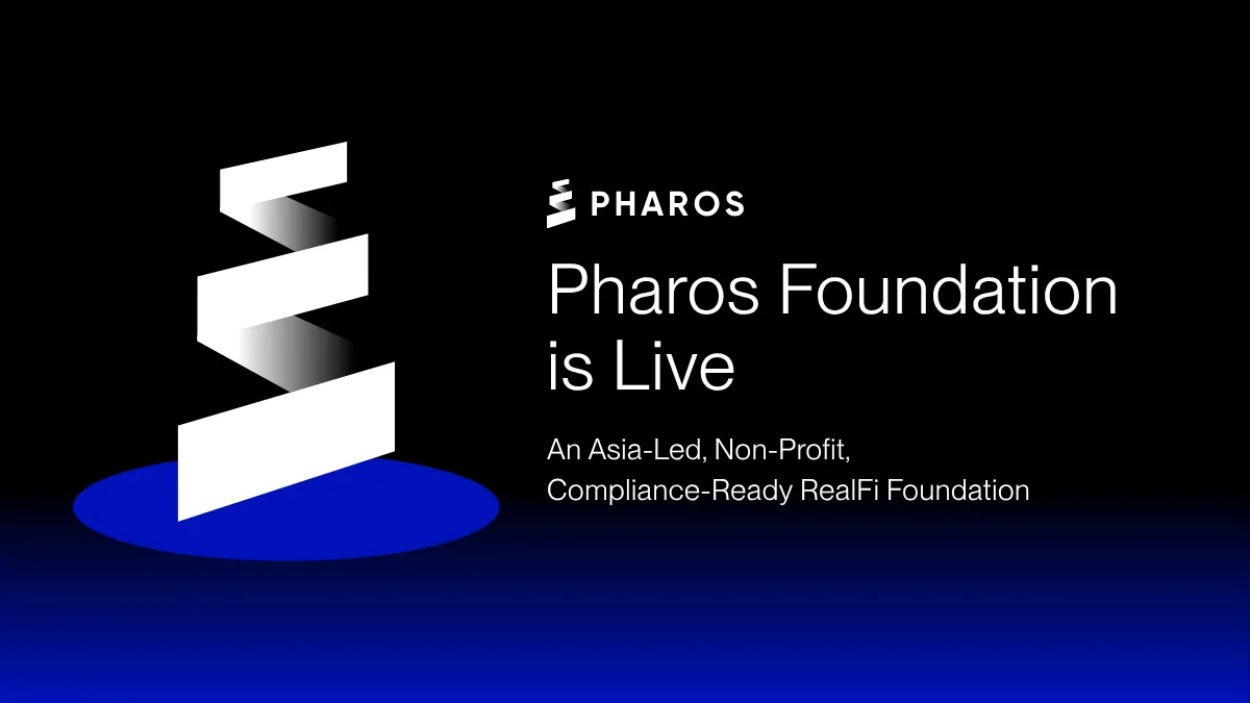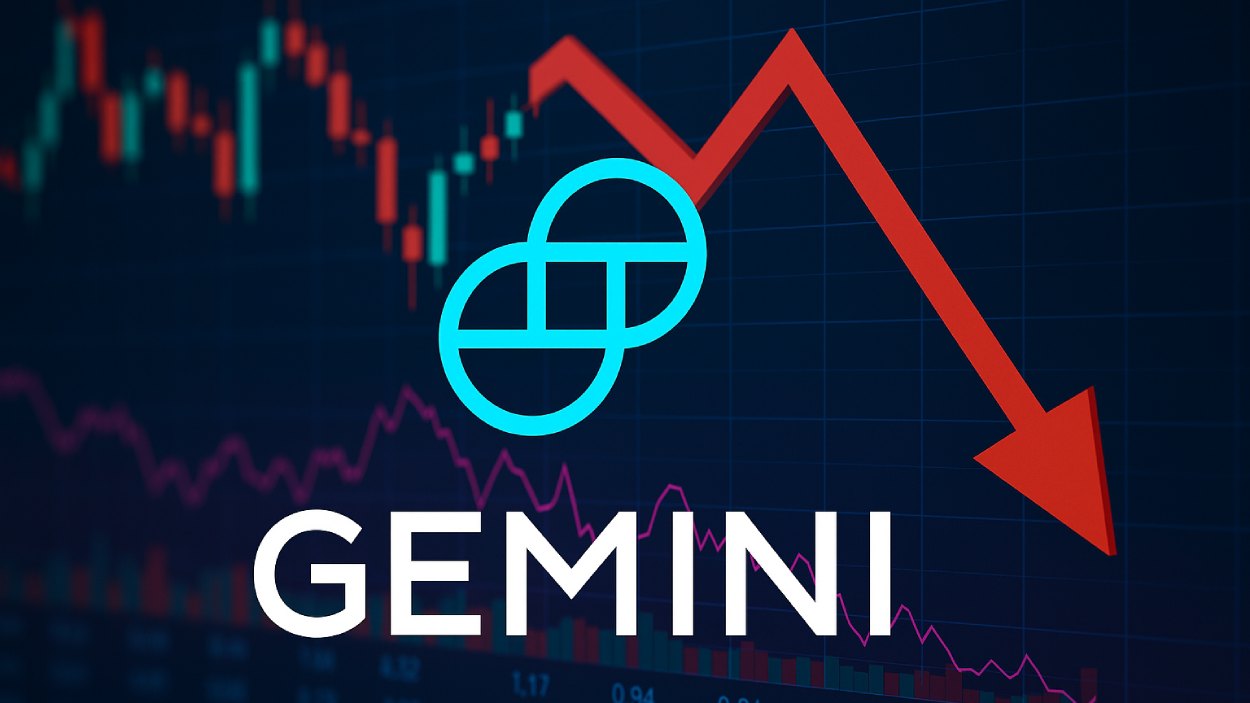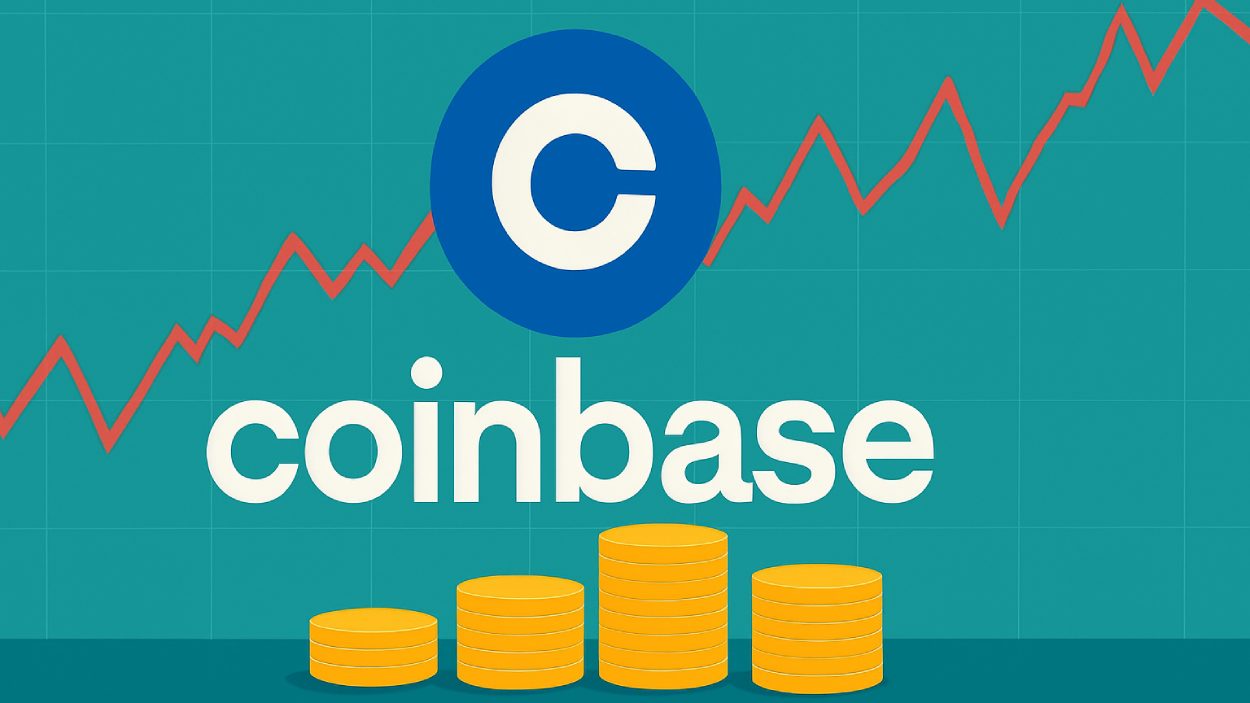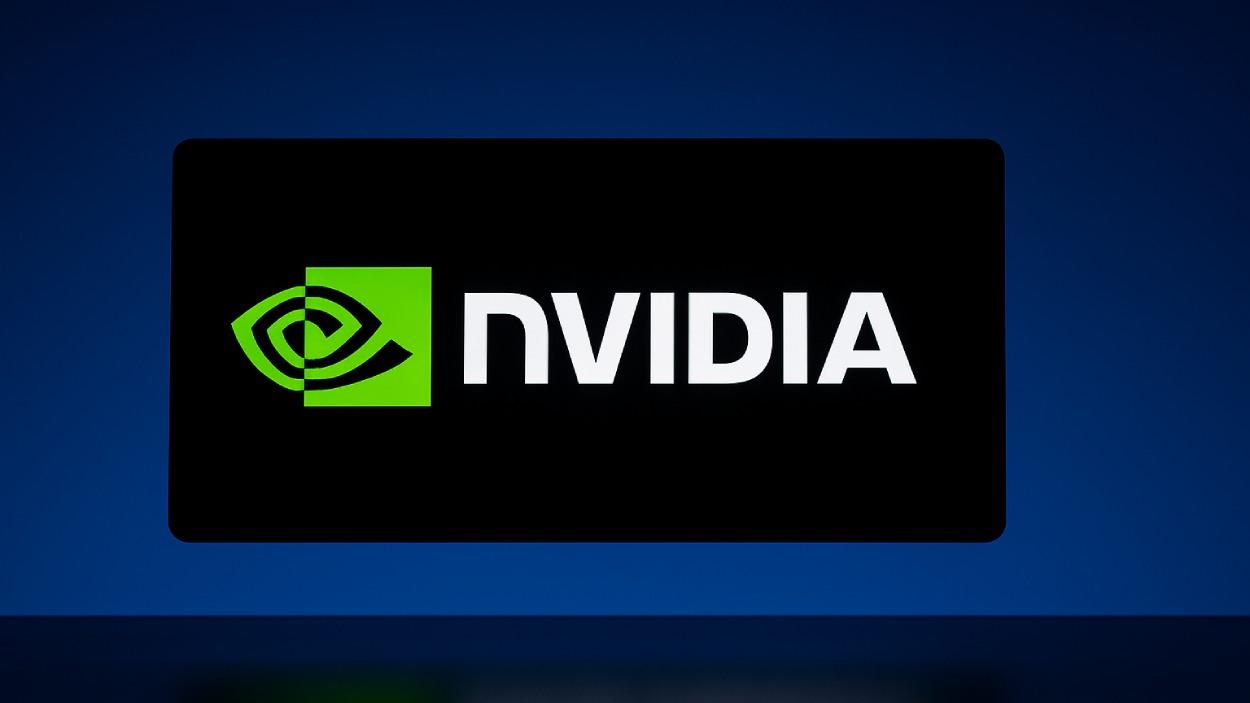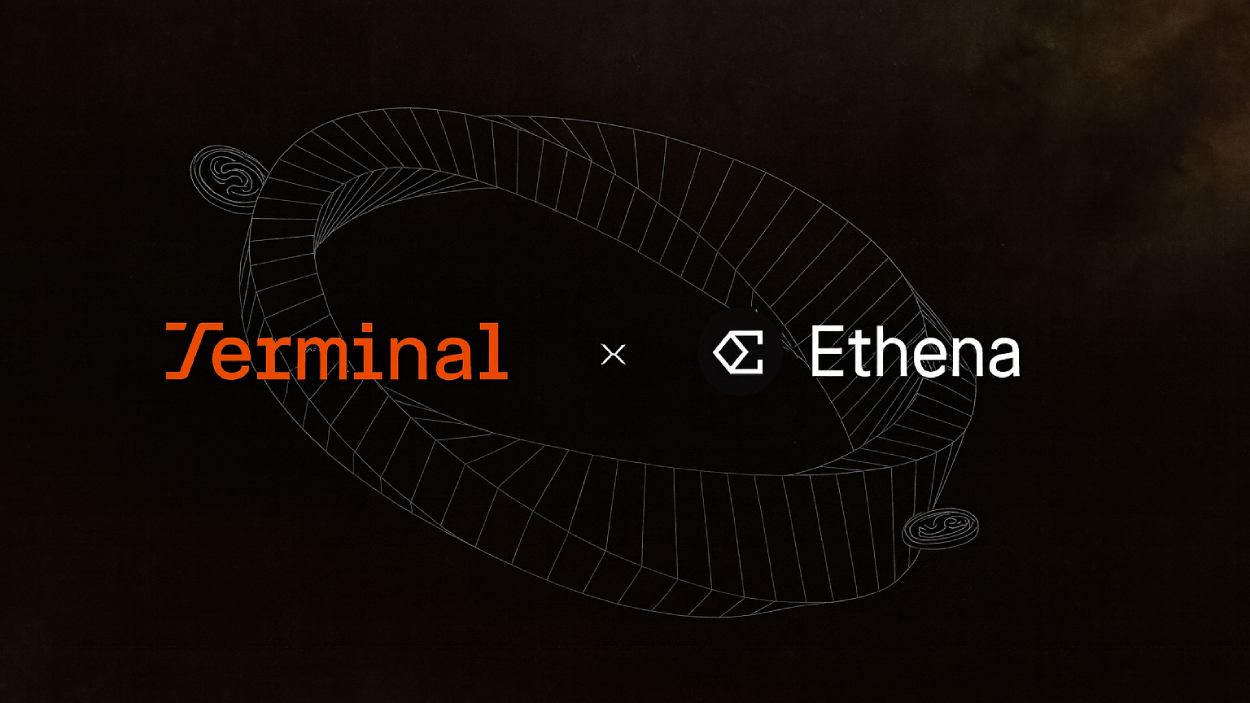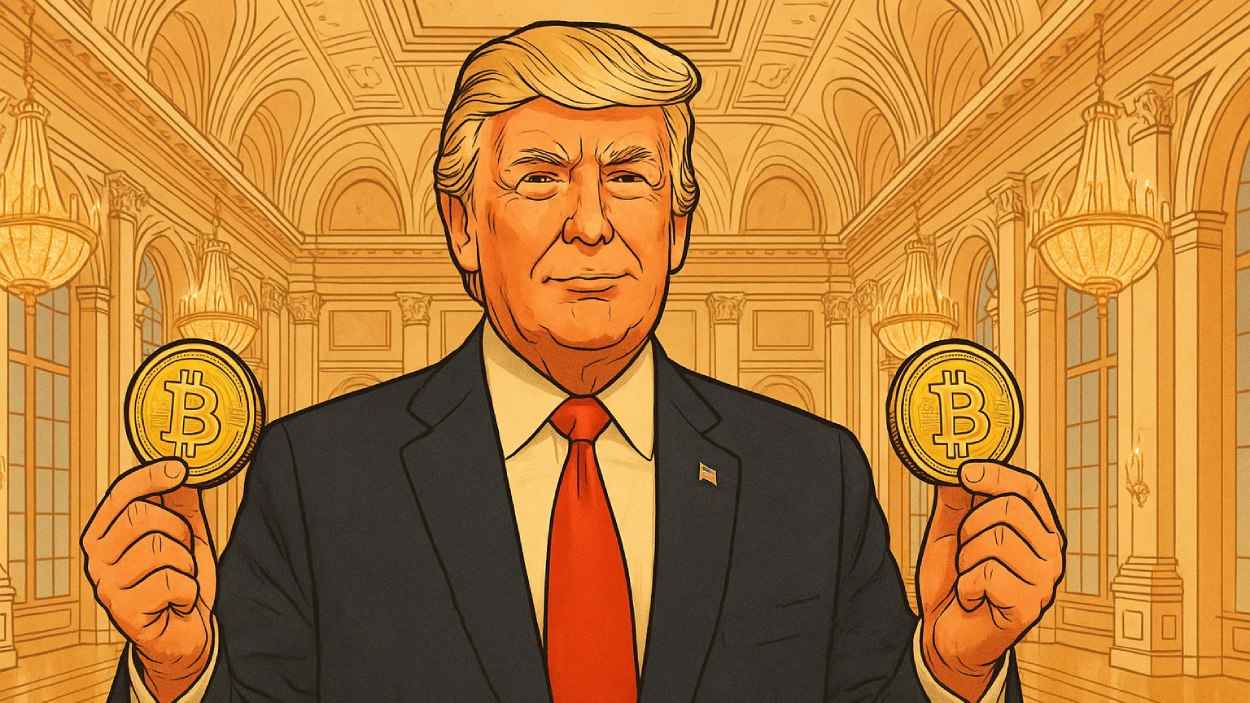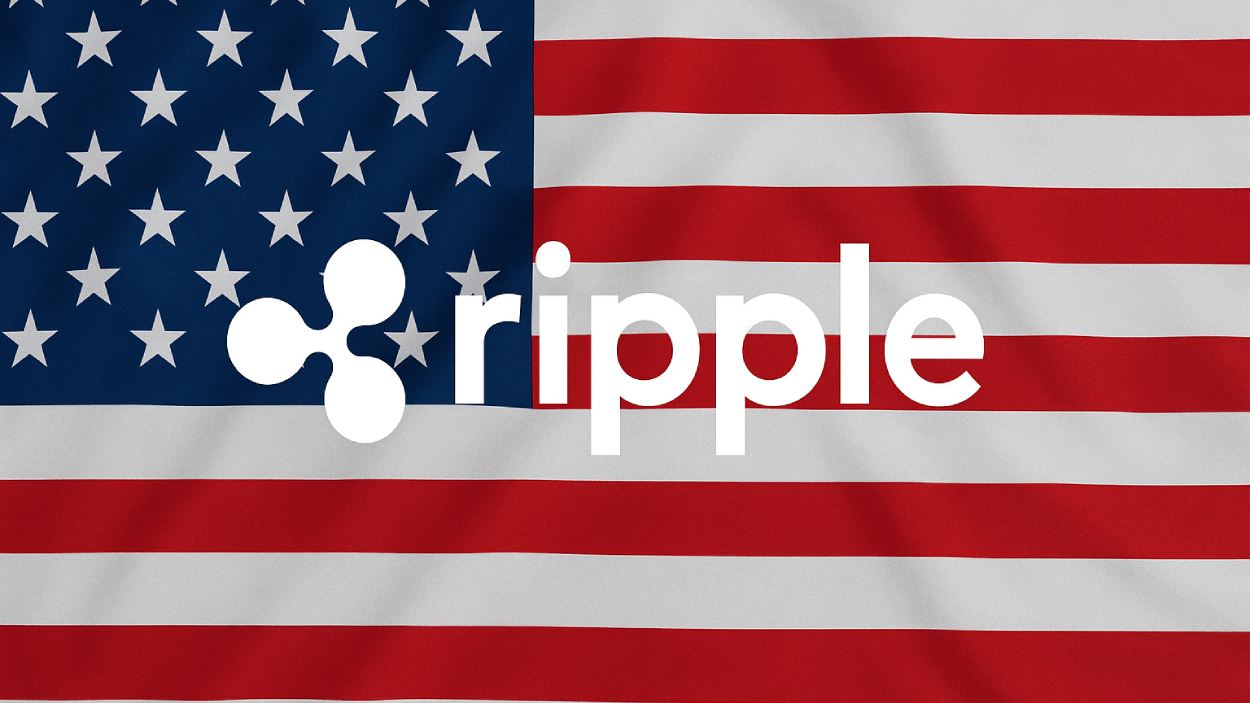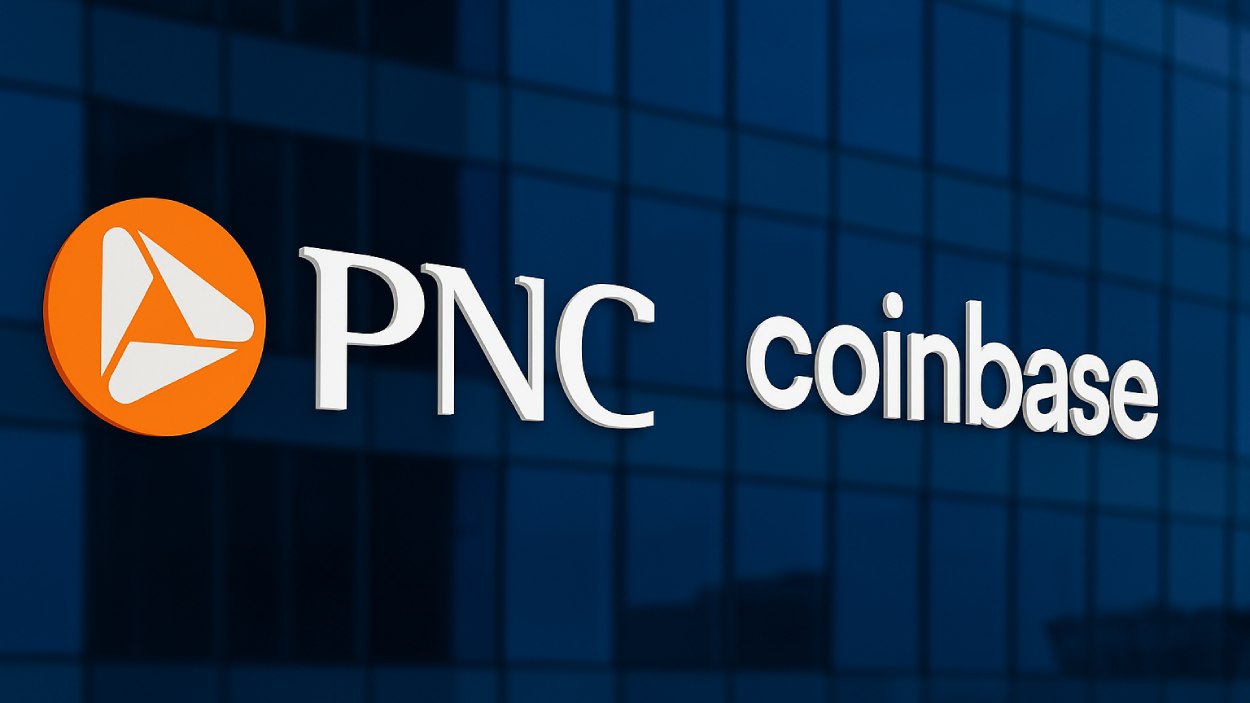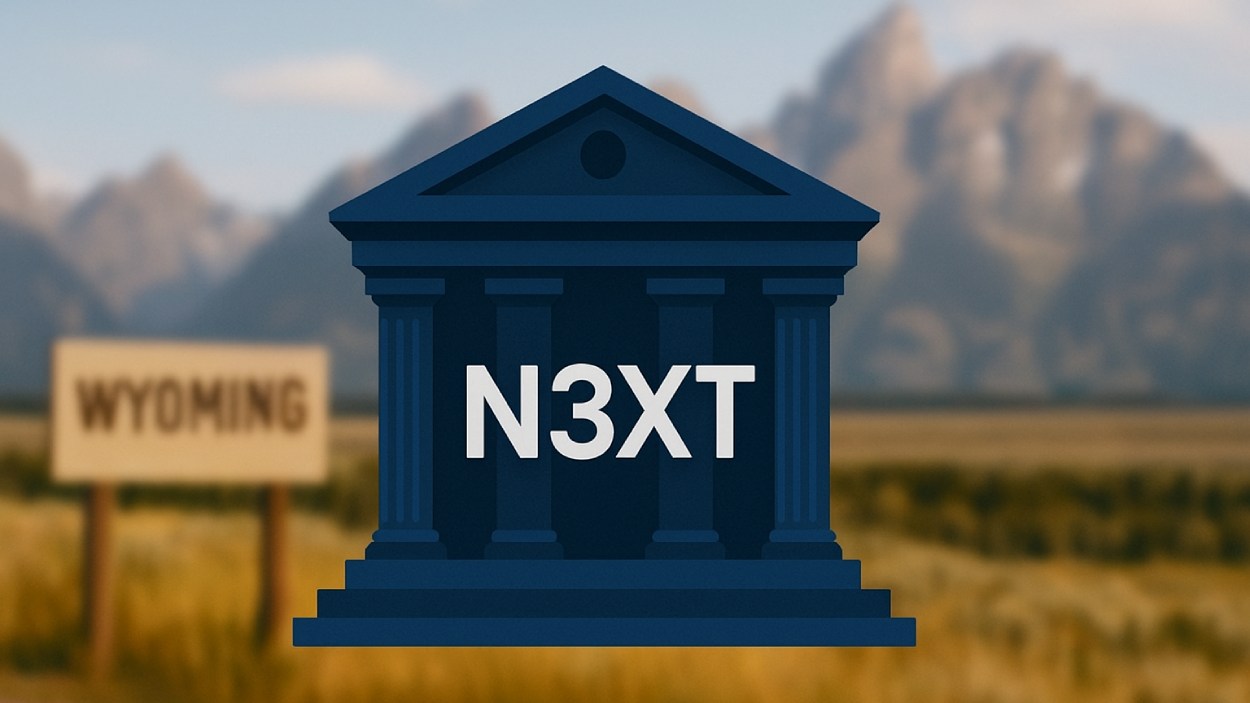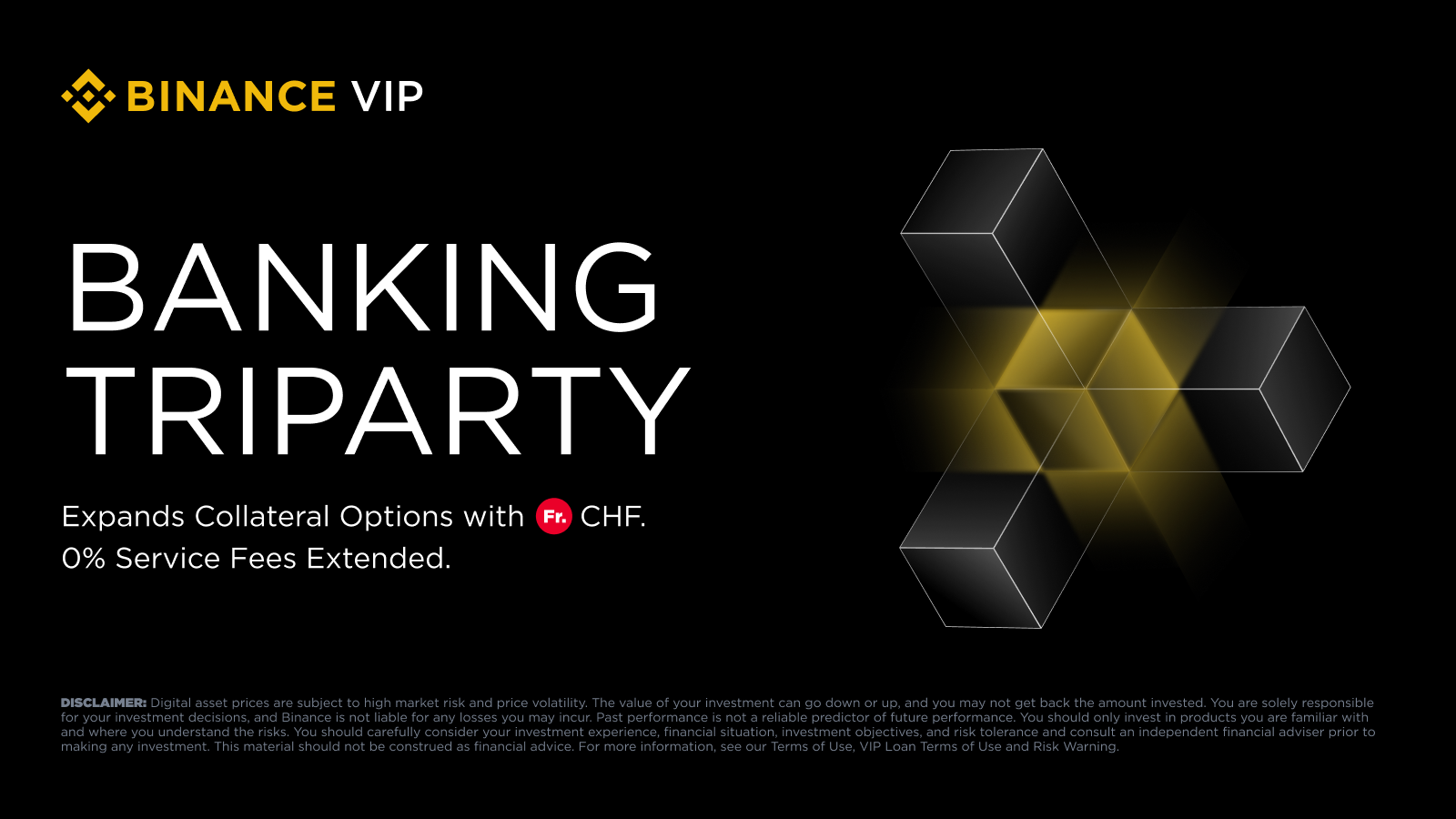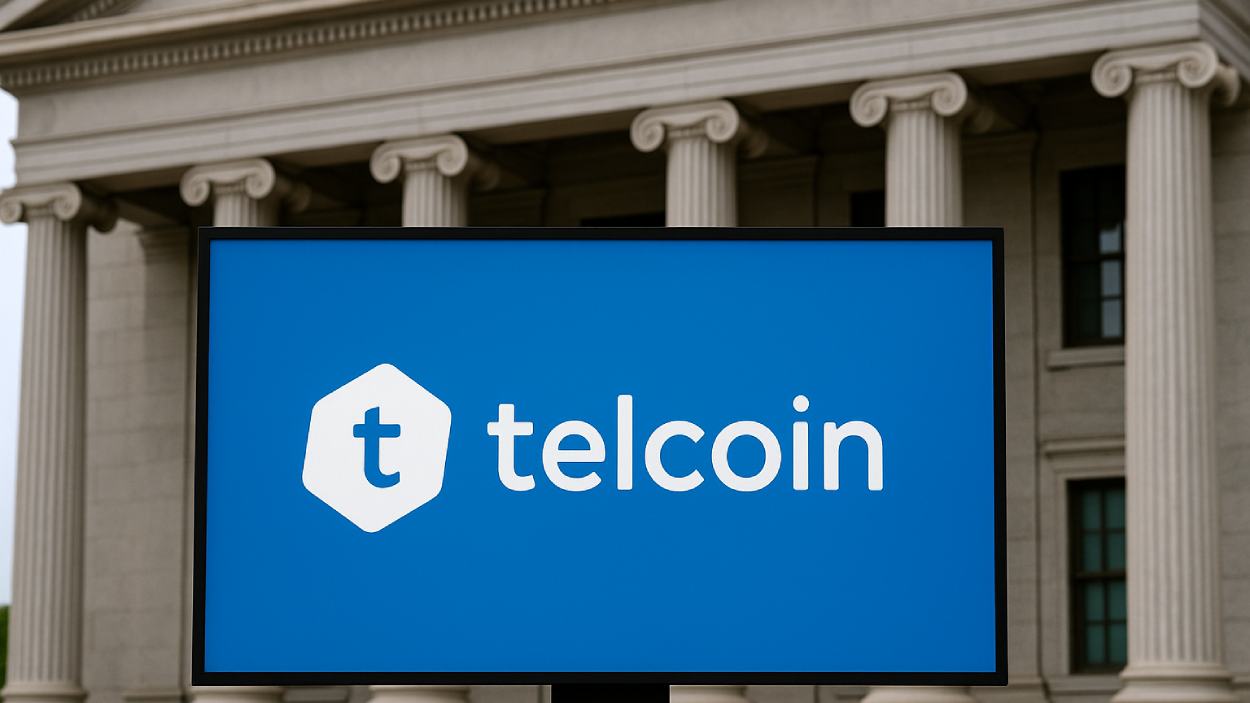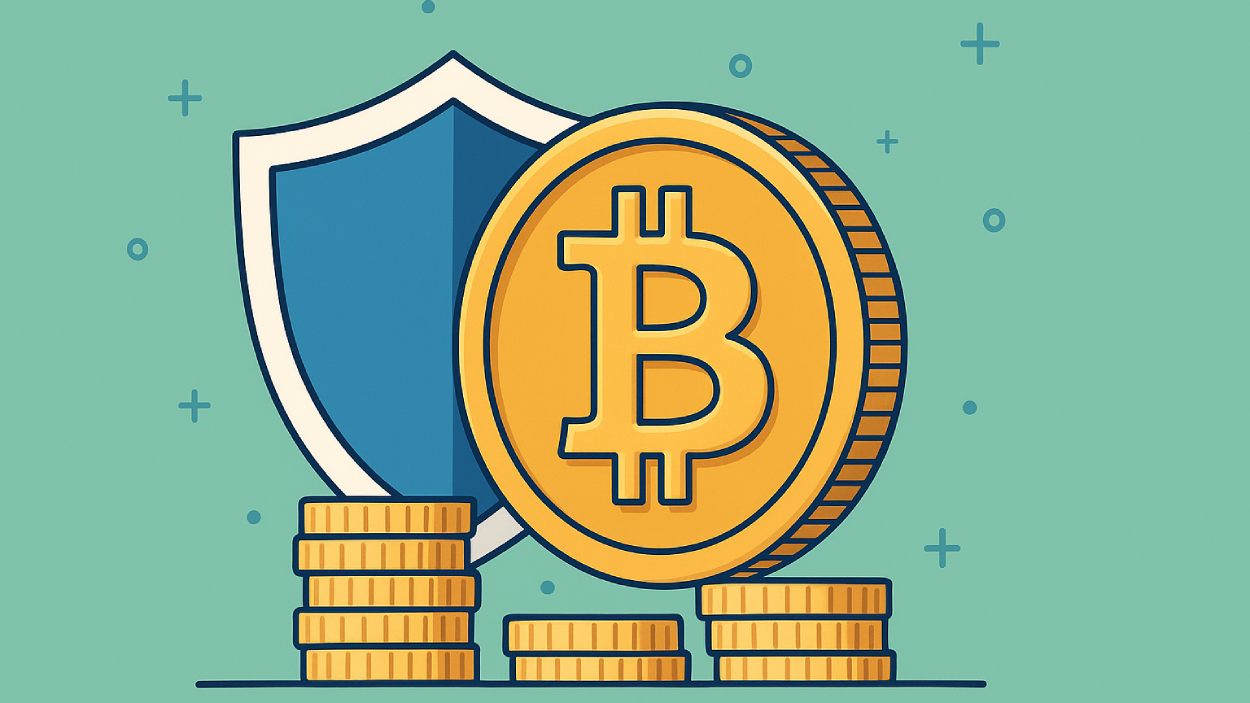Authorities in Thailand have conducted inspections near Worldcoin’s biometric verification locations, raising questions about how local enforcement interprets digital asset regulations amid growing scrutiny of crypto projects globally.
Key Takeaways
- Thai regulators conducted inspections at over 100 iris verification sites after identifying potential unlicensed digital asset activities by individuals unaffiliated with World or Tools for Humanity (TFH).
- The SEC and CCIB confirmed enforcement actions against certain persons suspected of illegal exchange operations, urging the public to avoid unauthorized digital asset services.
- World stated that WLD tokens are distributed in accordance with applicable laws and reiterated that it does not collect or store biometric or personal data.
- The matter underscores ongoing global regulatory attention on digital identity and crypto initiatives in countries including Kenya, Germany, and France.
What Happened?
Thailand’s Securities and Exchange Commission (SEC) and the Cyber Crime Investigation Bureau (CCIB) carried out inspections at more than 100 locations across the country as part of an investigation into individuals suspected of operating unlicensed digital asset services near Worldcoin verification sites.
Officials clarified that these actions were directed at those allegedly engaged in illegal trading activities not affiliated with World or Tools for Humanity. Investigations remain ongoing, and authorities emphasized the importance of compliance with Thailand’s digital asset laws.
🇹🇭 Thailand’s SEC raided a Worldcoin $WLD iris-scanning site in the region. According to Thai regulators, Sam Altman’s Worldcoin site was operating without a proper digital asset license. pic.twitter.com/ZsoxRGp43n
— ALLINCRYPTO (@RealAllinCrypto) October 24, 2025
Thailand’s Digital Asset Laws Take Center Stage
The SEC and CCIB are enforcing Section 26 of the Emergency Decree on Digital Asset Businesses B.E. 2561 (2018), which requires proper registration for all digital asset service providers. Violations can carry criminal penalties under Section 66. The enforcement activities centered on individuals believed to be running exchange operations without the necessary licenses.
According to the SEC, any person or platform facilitating digital asset exchanges in Thailand must hold the proper license. The inspection aimed to ensure consumer protection and compliance with the country’s regulatory framework.
SEC Deputy Secretary-General Jomkwan Kongsakul emphasized during a press conference that cooperation between agencies:
Public Warning and Regulatory Oversight
Before the inspections, the SEC had issued a public notice advising citizens to avoid unauthorized digital asset services. Surveillance reportedly included how certain tokens, including WLD, were promoted and exchanged within Thailand.
In response, World clarified that its activities comply with local laws and that its verification process does not involve storing or accessing biometric or personal data. Information captured during the Orb verification process remains under user custody on their own device, and World cannot identify or access individuals. The company added that WLD tokens are provided as participation incentives, not in exchange for personal or biometric information.
Thailand Balancing Innovation and Risk
This enforcement effort comes as Thailand pilots a program allowing foreign tourists to convert cryptocurrency into Thai baht through licensed exchanges. The 18-month trial, capped at 550,000 baht (around $16,950), aims to promote digital finance while ensuring strong regulatory oversight, signaling that Thailand supports crypto innovation under clear compliance structures.
Worldcoin’s Global Regulatory Headwinds
Thailand joins other jurisdictions examining aspects of Worldcoin’s rollout. The project, co-founded by OpenAI CEO Sam Altman, has faced questions in Kenya, Germany, and France about privacy safeguards and local compliance.
The Thai inspections add to this global conversation, emphasizing how differing regulatory environments are testing the alignment of emerging digital identity technologies with existing laws.
CoinLaw’s Takeaway
World’s approach to blending digital identity with blockchain-based participation rewards is undeniably ambitious. However, as this case shows, misinterpretations can arise when local enforcement intersects with emerging technologies.
While World does not collect or store personal or biometric data, projects operating in this hybrid space must communicate that distinction clearly. Thailand’s actions highlight the delicate balance between innovation and oversight, and how proactive transparency can prevent regulatory misunderstandings before they escalate.
Hover or focus to see the definition of the term.

